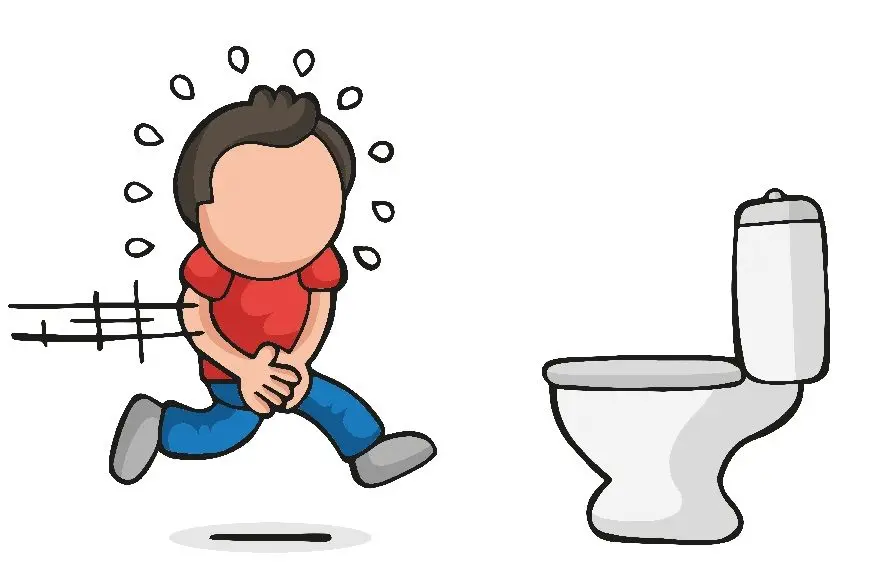Contents
Ethanol in large doses causes severe intoxication of the body. One of the negative consequences of frequent and heavy drinking is enuresis after alcohol. Uncontrolled emptying of the bladder during the day and at night (during sleep) occurs at the stage of chronic alcoholism and is one of the symptoms of this disease.
Causes and course
In normal cases, the nature of enuresis is neurological. Lack of urinary control occurs most often in children due to a delay in the development of certain areas of the brain. Urinary incontinence after alcohol in adults occurs against the background of prolonged poisoning by the decay products of ethanol.
Alcohol is quickly absorbed into the bloodstream through the mucous membranes of the gastrointestinal tract and lingers in the body for a long time, breaking down into acetic acid and acetaldehyde, an extremely toxic toxin that causes inhibition and death of brain neurons. As a result, the work of the nervous system is disrupted, it ceases to send signals responsible for the performance of the most important functions.
Enuresis after drinking alcohol is also associated with the fact that alcoholic beverages act as diuretics. The natural reaction of the body to the intake of toxic substances is to get rid of them as soon as possible. The work of the kidneys is activated, the volume of urine produced increases. The situation is aggravated by the simultaneous use of drinks with different strengths.
As a result of the long-term effect of alcohol on the nervous system, the tone of the pelvic muscles, which are responsible for urinary retention, decreases. Atrophy develops, which leads to chronic pathology and the appearance of urinary incontinence even in a sober state.
Contributing factors:
- previous brain injury;
- complications after operations;
- inflammatory diseases of the genitourinary system;
- mental disorders.
Most often, the symptoms of incontinence appear during sleep. Consciousness is completely turned off, the muscles relax, and urine is discharged. At the first stages, the phenomenon may be episodic, but with the transition of alcoholism to the second and third stages, involuntary urination also occurs in the daytime. Most often, enuresis after alcohol is observed in men, although in some cases women also suffer from it.

Treatment
One of the conditions for successful treatment of enuresis is the complete rejection of alcohol. At the time of therapy, it is necessary to limit the intake of drinks that contribute to increased urine formation, such as coffee, fruit drink, soda. Physiotherapeutic procedures are prescribed that have a positive effect on the state of the nervous system: electrophoresis, magnetotherapy and acupuncture.
Effective exercises that strengthen the tone of the pelvic muscles, which are performed several times a day:
- during the emptying of the bubble, it is necessary to hold the jet with force 3-4 times for a few seconds;
- squeeze the sphincter muscles as often as possible, simulating an obstruction to defecation.
It is necessary to follow the diet prescribed by the doctor to restore the normal functioning of the gastrointestinal tract and the water-salt balance of the body. Improve the condition of moderate physical activity and walks in the fresh air. You should limit fluid intake in the evening and be sure to empty your bladder before bed.
In the mild stage of the disease, drug therapy is usually not required. Treatment is mostly aimed at removing alcohol dependence.
Symptoms disappear after cleansing the body of the decay products of ethanol. When a concomitant infection occurs, antibiotic treatment is carried out. If enuresis has passed into the chronic stage, the urologist may prescribe surgery.
Attention! Self-medication can be dangerous, consult your doctor.









